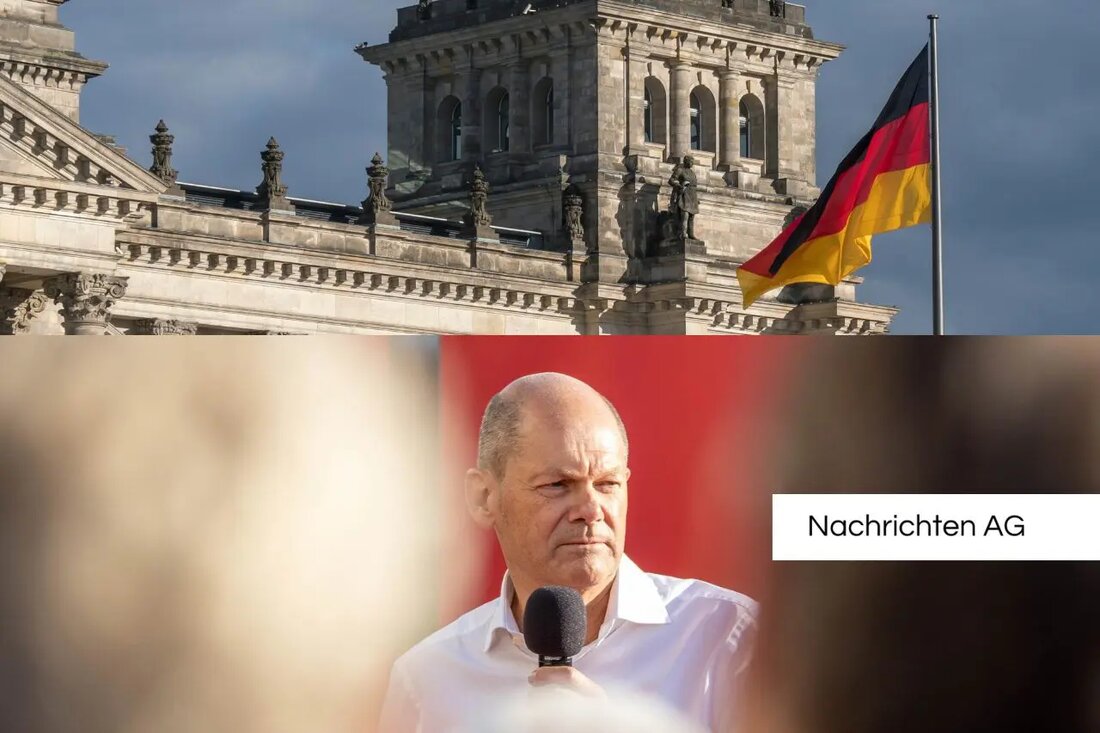Bundestag election 2025: New regulation brings exciting new options!

Bundestag election 2025: New regulation brings exciting new options!
On February 23, 2025, the Bundestag election is pending, the first after the comprehensive reform of the Federal Election Act in March 2023. The traffic light coalition of SPD, Greens and FDP, which has been in office since the election in 2021, continues to pursue the goal of implementing welfare-state improvements, climate protection and social liberalizations. [FRON.de] reports of various successes of the coalition, including the introduction of the citizens' allowance, an increase in the minimum wage and the Germany ticket. The legalization of cannabis and the deletion of the abortion paragraph 219a were also decided during their term.
The choice is also accompanied by domestic crises and challenges. A central point of dispute is the financial handling regarding government investments and debt brake. In particular, communication problems come into play, as recently in the heating law, which led to a dismissal of finance minister Christian Lindner by Chancellor Olaf Scholz. The coalition is under pressure to convince citizens of their reforms, especially since the Union is back in current surveys, followed by the AfD, while the SPD and the Greens weaken. [Tageschau.de]
election processes and organization
The Bundestag election takes place in Hesse, which is divided into 22 constituencies. Party candidates generally need support signatures in order to be able to compete for the election. A maximum required number of 2000 signatures complicated the process for small parties. Thanks to shortened deadlines, the Hessian municipalities only have two weeks for postal voting. The organization needs thousands of election workers, whereby many volunteers have already offered their support.
The Bundestag consists of 630 MPs who are composed both via direct mandates in the constituencies and on state lists. The voters can hand in two votes: With the first vote, you choose the direct candidate of the constituency, while the second vote is determined for a party on the state list. This regulation ensures that the second voice is decisive for the distribution of seats in the Bundestag. [tatschau.de] encircles that a party must reach at least five percent of the second votes or three direct mandates to move into the parliament.
prominent candidates and current surveys
prominent candidates for the upcoming election include Nancy Faeser from the SPD, Bettina Stark-Watzinger from the FDP and Omid Nouripour from the Greens. In the last elections in 2021, the SPD achieved the strongest position in Hesse with 27.6%, while the CDU reached 22.8%. The course of the upcoming choice is particularly characterized by the unrest in the population that is increasing in the population about the performance of the traffic light coalition, as ongoing surveys show. Departures such as that of Helge Braun, the former Chancellery Minister, and Michael Rot from the SPD strengthen uncertainty. [FR.DE]
With the upcoming election, there is a sometimes tense mood. In the next few weeks it will be shown whether the traffic light coalition can overcome the numerous political turbulence in order to convince the citizens of their reforms and possibly renew their ability to government. The need to mobilize voters and to strengthen trust in democracy is all the more noticeable through the continuing discussions about the social values and the future of Germany. [npridik.de]
| Details | |
|---|---|
| Quellen | |
